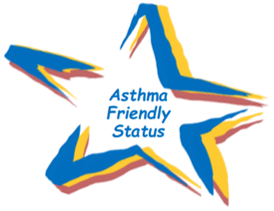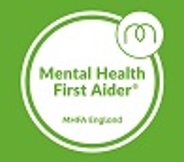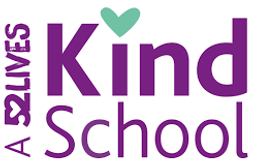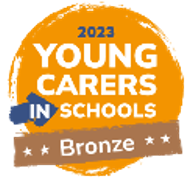From reception onwards, children take part in weekly spelling sessions. In reception and Year 1 these are based around the Little Wandle phonic sessions, as well as linking to the National Curriculum expectations.
From Year 2 onwards children are taught weekly spelling patterns which link to the national curriculum objectives for their year group. Afterwards, children are sent home a list of words containing these spelling patterns to practise at home. Lists of the spelling patterns for each year can be found within each year group page.













